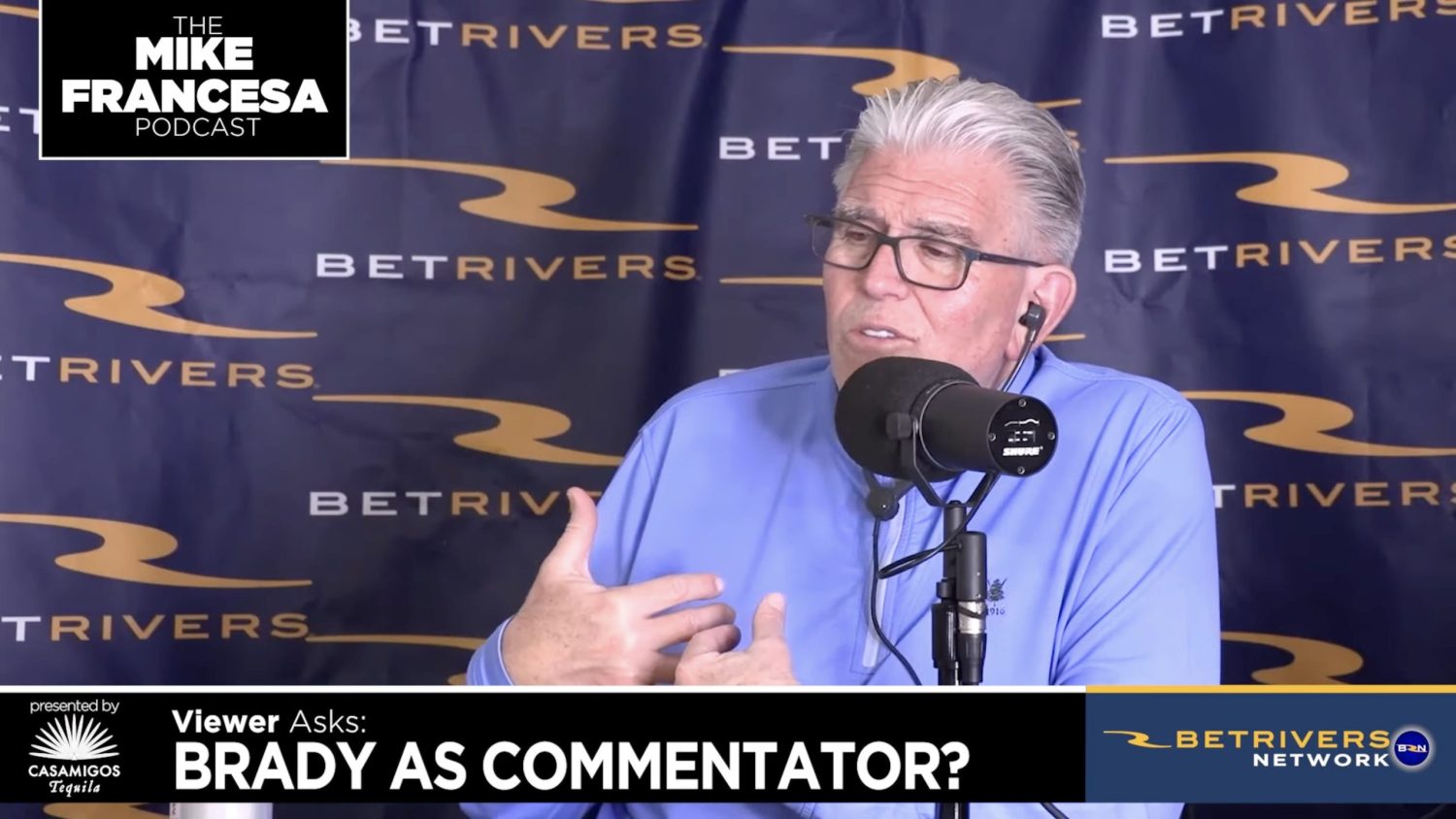The Awful Announcing Wednesday Newsletter is a deep dive into all things sports media with original commentary, highlights from the week, social media buzz, and much more. Below is our “A Block” that leads off the newsletter. You can read this and more by subscribing here. We send a recap of what’s been on AA on Monday and Friday mornings as well as the extended original version on Wednesdays.
The college football world changed forever on August 14th, 2014 when ESPN launched the SEC Network. The conference was already on top of the sport given its success in winning championships through the BCS era, but now the SEC would be taken to another level thanks to their partnership with ESPN.
But since the beginning of the SEC Network launch, ESPN has been plagued by accusations that they are biased favorably towards the conference over others in the sport. That decade long journey led to arguably the most controversial moment in the playoff era this year when 1-loss SEC champion Alabama was selected for the College Football Playoff over undefeated ACC champion Florida State.
While it certainly wasn’t universal, many of the most prominent college football voices on ESPN applauded the committee for including Alabama. A common refrain, even predating the season-ending injury to Seminoles QB Jordan Travis was “you can’t leave out the SEC” as if it should be etched in stone.
The underlying issue with ESPN’s SEC relationship is that it is the epicenter for potential conflicts of interest between its business and commentary sides. One day SEC commissioner Greg Sankey is touting how great the conference’s new exclusive TV deal is with ESPN. The next day someone like Kirk Herbstreit or Paul Finebaum is touting how great the SEC is.
Yes, it’s true that ESPN also has an ACC Network and is also in business with that league. But consider that ESPN’s new $3 billion deal just for the former SEC on CBS package is in addition to their existing deal for other games and the SEC Network. It far surpasses ESPN’s investment in the ACC. Hence, there is a very real perception that ESPN’s loyalty would favor the SEC over the ACC.
While tensions in the sport are certainly higher now and realignment has transformed college football forever, the situation really hasn’t changed all that much since 2014. The ESPN-SEC relationship will always have skepticism around it because of the power, money, and influence involved.
Nobody questions ESPN’s Cowboys, Red Sox, or Yankees coverage because it doesn’t really matter. The titles are won on the field. But college football still decides a champion in large part in a Mariott boardroom invitational. So as long as college football has a system where narratives and reputations matter and as long as ESPN is paying billions of dollars to the SEC, there will justifiably be questions about SEC bias. The network will do all it can to say they play it straight down the middle, but after a decade of being in relationship with the conference, perception is indeed reality.
Click here to read more and subscribe to the Awful Announcing Newsletter.







